Health from A-Z

Eyes:
It is common for people with PWS to be cross-eyed. The squint can be treated surgically. Frequent eye check-ups are recommended for toddlers and infants. Also short– and far-sightedness occur frequently, which thus requires the use of glasses. Sight can also change in adulthood, so people with PWS should see an ophthalmologist every 2 – 3 years.

Bowel:
Constipation is more common and can cause incontinence.
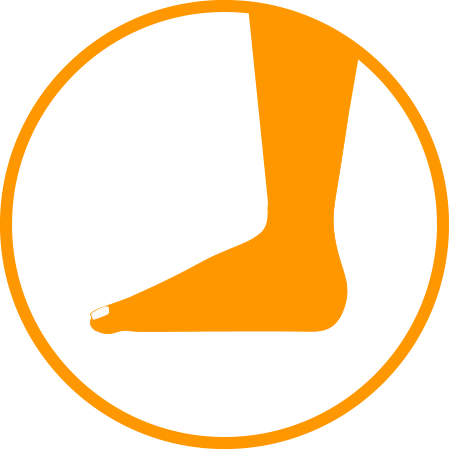
Feet and legs:
Children and adults with PWS often need orthopaedic shoes or insoles that support the feet. Obesity often leads to oedema of the legs. Hip, knee and foot joints are affected by obesity. Leg fractures can remain undetected due to insensitivity to pain. Osteoporosis can also occur.
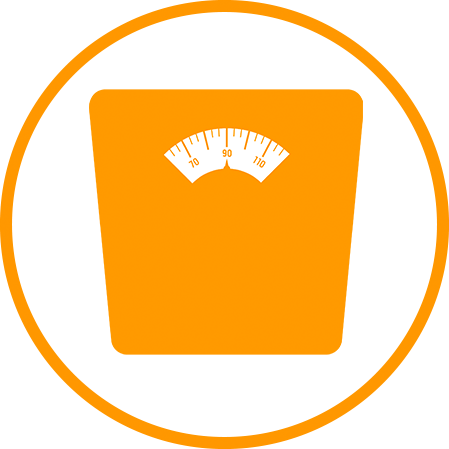
Weight:
If the motor activity is limited, the child will be overweight! Daily exercise is required, for example, a lot of walking (at least half an hour twice a day!)

Skin and nails:
The skin of people with PWS can be very sensitive to the sun’s rays. It is advisable to wear a light shirt and hat rather than use suncream with a high SPF factor. Many people with PWS need help cutting their nails.
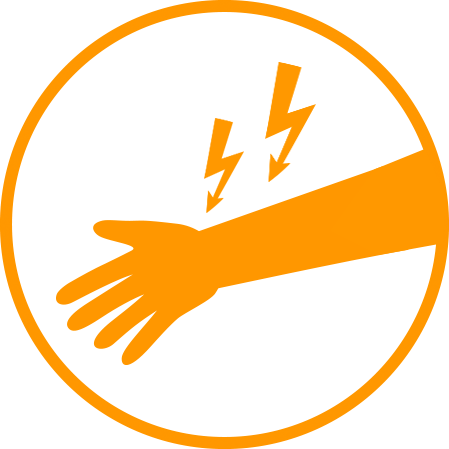
Skin picking:
This can be a big problem with PWS. The reason is not clear, but it is possibly due to stress or boredom. Often a reward for healed skin or keeping hands busy helps.

Heart and lungs:
Heart problems only occur with long-term, severe obesity, along with respiratory problems or severe scoliosis.
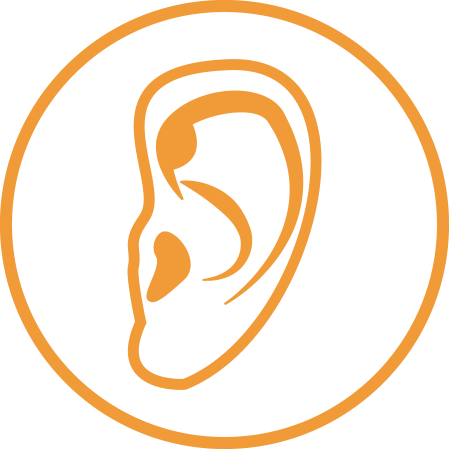
Hearing:
Examinations are always necessary when language acquisition is delayed.
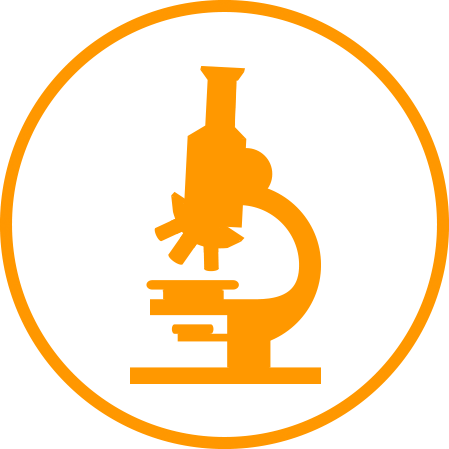
Detect symptoms of PWS:
You can’t rely on body temperature, and there’s no normal pain response. Lack of appetite is a sure sign of the disorder!

Stomach:
Vomiting in PWS is rare. When people with PWS eat hair, it usually forms a ball in the stomach called a bezoar. There is a danger that the stomach will rupture if a person with PWS eats too much!

Medication for PWS:
The body of a person with PWS has little fat-free mass in which medication can be distributed. Therefore, a lower dose of medication is better at the beginning (e.g. epilepsy, depression, psychosis or antihistamines for allergies).

Mouth and teeth:
In people with PWS the saliva is often viscous, which means that the teeth are not cleaned sufficiently. The enamel of the milk teeth is often too weak. A reflux of gastric acid can be a problem and damage the teeth. It is important to brush your teeth after every meal and visit the dentist every six months.
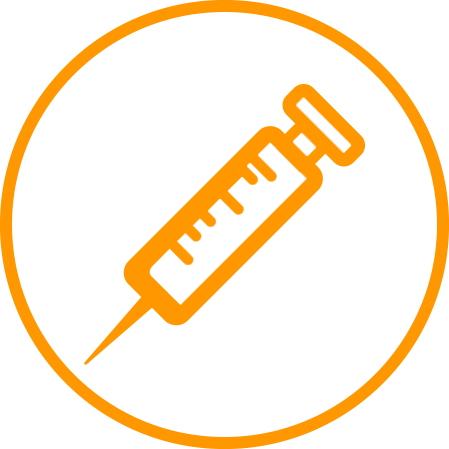
Anaesthesia:
Anaesthesia can normally be administered without any problem and is only a problem if you are overweight. Sometimes there is a delayed recovery after anaesthesia. It is important to inform doctors about PWS before surgery!
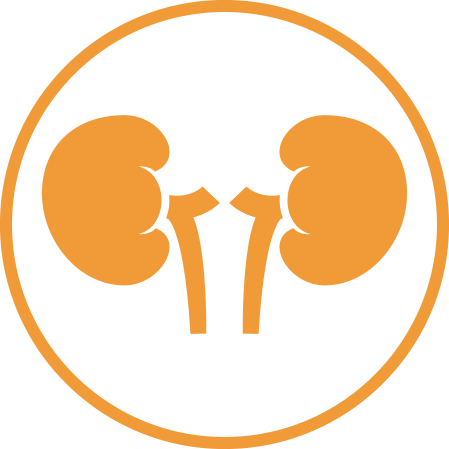
Kidneys and bladder:
Episodes of incontinence (wetting) are a common problem, as people with PWS often do not feel the need to urinate. Urinary tract infections are possible due to obesity/poor hygiene, so getting them to go to the toilet regularly and giving them enough time to do their business are definitely necessary! Medicines that combat episodes of incontinence can be dangerous if they drink too much water in the evening. That can cause cramps!
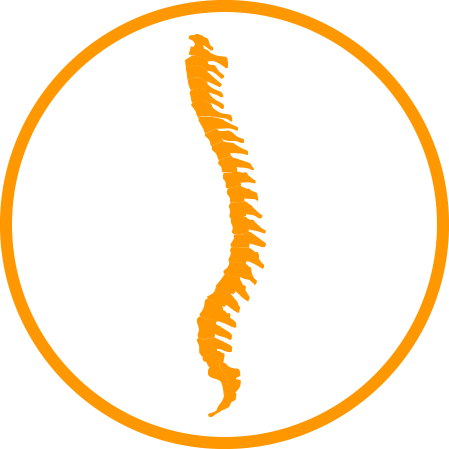
Spine:
Scoliosis (S-form of the spine) is common in people with PWS, often resulting in the person having to wear a corset (at least until they stop growing). Sometimes surgery is necessary. Kyphosis (inwardly curved spine) can be a consequence of muscle hypotonia. Daily exercises that straighten the spine can prevent permanent kyphosis.
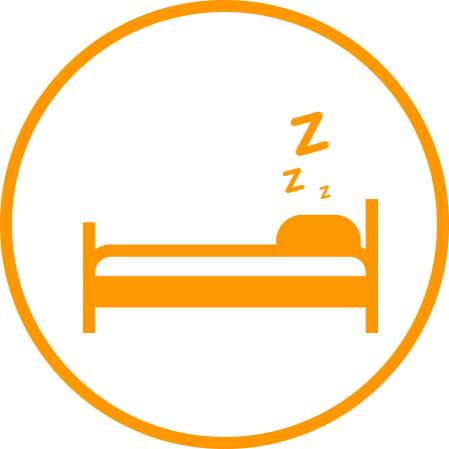
Sleep and seizures:
Respiratory pauses (apnoeas) are possible with PWS and should be observed regularly in the sleep laboratory. Sometimes treatment using a CPAP mask is necessary. Children often fall asleep in the car or when sitting for long periods, and small children often fall asleep at the table. Epilepsy can occur in people with PWS and can be treated with medication.
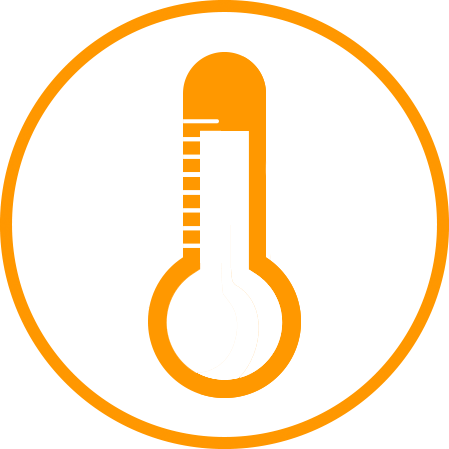
Temperature and pain:
Increased temperature without illness and infections without fever often occur in very young children (0-3 years). Because of their poor sensation of warmth and cold, people with PWS need help choosing clothes. Being less sensitive to pain, people with PWS hardly complain of pain from diseases or broken bones.
*From: Lecture by Dr. Susanne Blichfeldt, University Hospital Herlev, Denmark, “General questions on the health of people with PWS”. Published in PWS Info Issue 3/2011


